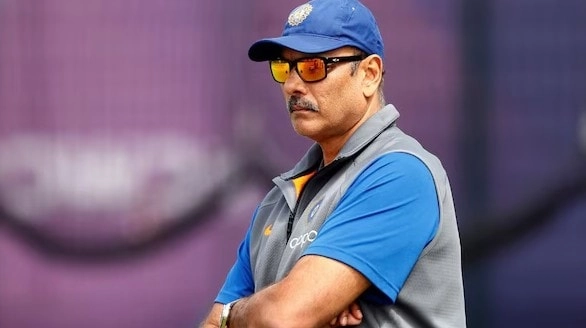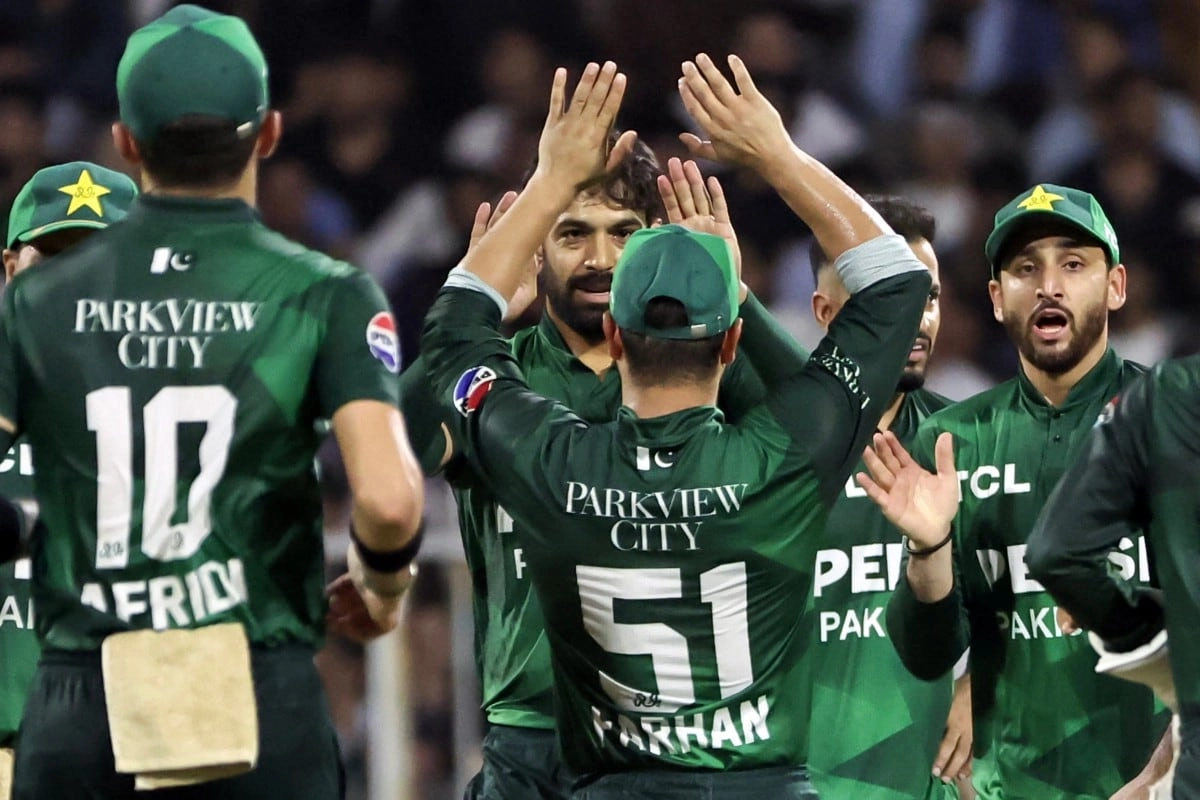Ravi Shastri, the former Indian cricketer and coach, has voiced a strong opinion regarding the financial dealings between the Board of Control for Cricket in India (BCCI) and the International Cricket Council (ICC). In a recent statement, Shastri urged the BCCI to push for a greater share of the ICC’s revenue, advocating for more than the current allocation of 38.5 percent. He emphasized that the BCCI, being one of the most lucrative and influential cricket boards globally, deserves a more substantial portion of the financial pie, which reflects India’s significant contribution to the sport and its global popularity.
Shastri’s comments resonate with a growing sentiment among cricketing circles that the BCCI should assert itself more in negotiations with the ICC. He metaphorically described the situation as needing to extract a “pound of flesh,” indicating that the BCCI should not settle for less than what it deserves. Given India’s massive television viewership and the commercial success of cricket in the country, Shastri believes that the BCCI has the leverage to demand a larger share of the revenues generated from international cricket. This sentiment reflects the broader expectation that the governing bodies should recognize the financial realities of modern cricket, where Indian cricket plays a pivotal role in the sport’s economic ecosystem.
Moreover, Shastri’s call to action underscores the shifting dynamics within international cricket, where financial distributions often spark debate among member nations. As cricket continues to evolve, with increasing media rights deals and sponsorship opportunities, the BCCI’s stance on revenue sharing could significantly impact its operations and future investments. Shastri’s assertion serves as a reminder that cricketing nations must navigate these complex negotiations with a clear understanding of their value and contributions to the game.
In conclusion, Ravi Shastri’s remarks highlight an essential conversation about equity and fairness in cricket’s financial landscape. By advocating for a more significant share of ICC revenue, he is not only voicing the interests of the BCCI but also advocating for the broader recognition of the economic power that Indian cricket holds on the global stage. As the cricketing world continues to grapple with these issues, it will be interesting to see how the BCCI responds to this call and whether it can successfully negotiate a more favorable outcome in the ongoing discussions about revenue distribution.




